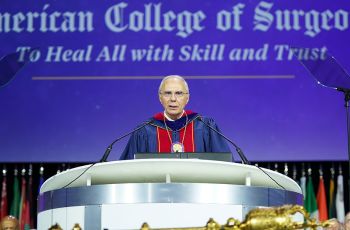What follows is a patient story that illustrates how our typical interaction with a patient, social service agencies, and the community, as a whole, yields obvious value for the patient and for our health care system. Just like this case, we are able to decrease human suffering, expensive hospitalization, and the use of emergency services.
In 2008, a local community agency called our team about a new client. The person, Sonia, was an 89-year-old retired secretary with no family. A retiree of modest means, she had stopped her weekly visits to her bank. Worried bank representatives found that she had fallen and was not feeling well. They made arrangements were to deliver her funds at her home and, subsequently, found Sonia in frail health, living in dangerous clutter, and increasingly dependent on neighbors for support.
Furthermore, it became apparent that her finances were disorganized and her health insurance had not been maintained. She had become bed bound from a fall and had developed complications that threatened her comfort and life. Temporary arrangements were made to provide supervision in her home.
The physicians and staff at The GW Medical Faculty Associates Medical House Call Program provided a complete evaluation that included blood tests and x-rays in her home. Physical therapy and nursing services were prescribed. Her functional recovery was unlikely. We found that she needed to be moved to a more supervised environment. With her consent, we arranged for her to be admitted to a subsidized assisted living community in Maryland.
The result: A safe disposition for this elder occurred without a single call to the emergency 911 system, a transfer to an emergency department, or a hospital stay. Of course, the steps we took in the course of this successful intervention were not reimbursed due to the patient’s lack of insurance and her meager resources. At the same time, the network of collaboration in which The GW Medical Faculty Associates House Call Program operates allows for these kinds of successes. This program, ultimately, decreases costs for the US healthcare system at the same time it increases longevity and comfort for our patients.



